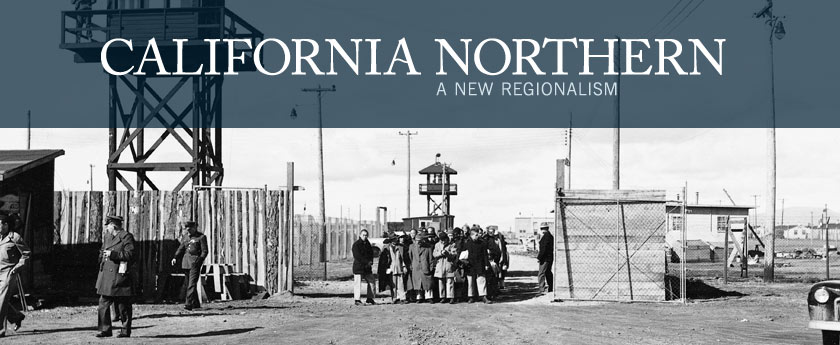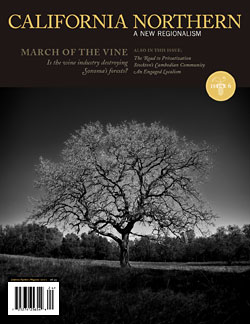Making Home from War
By Yoshito Wayne Osaki with Sally Noda Osaki
As the embers from the fire died down, I knew the last item I had to dispose of was the tanto. I could not bear the thought of losing it forever. I recalled the stories my mother had told me about why my father came to America: “His dream was to make enough money to reclaim the family fortune and lands that his father, a playboy and gambler, had foolishly squandered.” This sword connected me to my father’s dream and his heritage.
I looked into the flames, reflecting on how the sword might be passed down from him to me. Our family had kept this tanto, a short Japanese sword, for years. It was a foot long with a plain wooden saya (scabbard) and probably a gift from a friend who had visited Japan. While the sword was not an antique and did not have much value, it linked me to the old samurai family from which my father descended. An Osaki ancestor, Tsuno San Saburo, was killed in battle when Toyotomi Hideyoshi invaded Korea 500 years ago, and his remains were brought back and buried in the temple cemetery since he was a samurai priest. As a boy, I used to look at the tanto and dream about being a samurai like my ancestors.
And even now, over sixty years later, I can remember the feel of the tanto in my hands as smoke rose in the backyard. Indeed, the tanto still links me to the centuries of my father’s ancestors who are buried in the Osaki family cemetery in Gotsu, Shimane Ken, along the Japan Sea coast. My ancestors have been buried in this cemetery since the 12th century. Since my father was the eldest son of his generation, some of his ashes as well as those of my mother are buried in this cemetery—on a hillside clearing in a lush verdant forest of bamboo and hinoki (cedar) trees, near the site where the Osaki family home once stood.
How did I end up here? I remember asking myself back then, holding the sword before the fire. Right after Pearl Harbor, we and other Japanese American families had disposed of anything that the FBI might think was contraband or an indication of loyalty to Japan. They considered suspect any document that held associations with the military or any picture of the Japanese flag or the Emperor. We were forced to discard photographs of our family in Japan wearing school uniforms that looked military-like. My parents were both Japanese language teachers in the Clarksburg area, just south of Sacramento, so we took extra precautions to get rid of anything that might be mistaken as a sign of patriotism to Japan and disloyalty to America. The FBI actually came to question my parents twice and to look around the school. They checked the classrooms and even went through my parents’ desks. “Japanese language teachers all over the state are being arrested,” we heard from various friends. These visits, combined with such rumors, made us very anxious. I have always wondered why they did not take my parents away. Perhaps my parents were saved by the American flag and portraits of George Washington and Abraham Lincoln that they displayed at the front of their classrooms to teach students the principles of the founders of this country. Whatever the case, we were grateful.
The difficult task of getting rid of anything that might be deemed suspect fell on me since my older brother was still at UC Berkeley. I watched my parents sorting through our belongings, deciding which should be destroyed. Most had been accumulated over many years; it pained me to watch my parents filling boxes with books, photographs, and other documents they used to teach the language and, by extension, the culture and moral values of Japan. I knew that some of the items were the only family gifts given to my parents when they left Japan to come to America. My parents were stoic, saying, “Shikata ga nai (It can’t be helped), ” but I was angry that irreplaceable mementos from their families were considered suspicious.
Most of the items were paper goods, so I burned them under the furo, the Japanese wood bathhouse. I also burned the Japanese flag and a picture of the Emperor. I was left alone to tend the fire and watched my parents’ remembrances of their homeland drift away as smoke and ashes in the hot Sacramento Valley air.
This memoir is excerpted from Making Home from War: Stories of Japanese American Exile and Resettlement, published February 2011 by Heyday Books. In the early days of World War II, over 120,000 persons of Japanese ancestry, two-thirds of whom were American citizens, were taken from their homes along the West Coast and imprisoned in concentration camps. When they were finally allowed to leave, a new challenge faced them—how to resume a life so suddenly interrupted. Written by thirteen Japanese American elders, Making Home from War is a collection of stories about their exodus from concentration camps into a world that in a few short years had drastically changed.
For more information, please visit heydaybooks.com.

